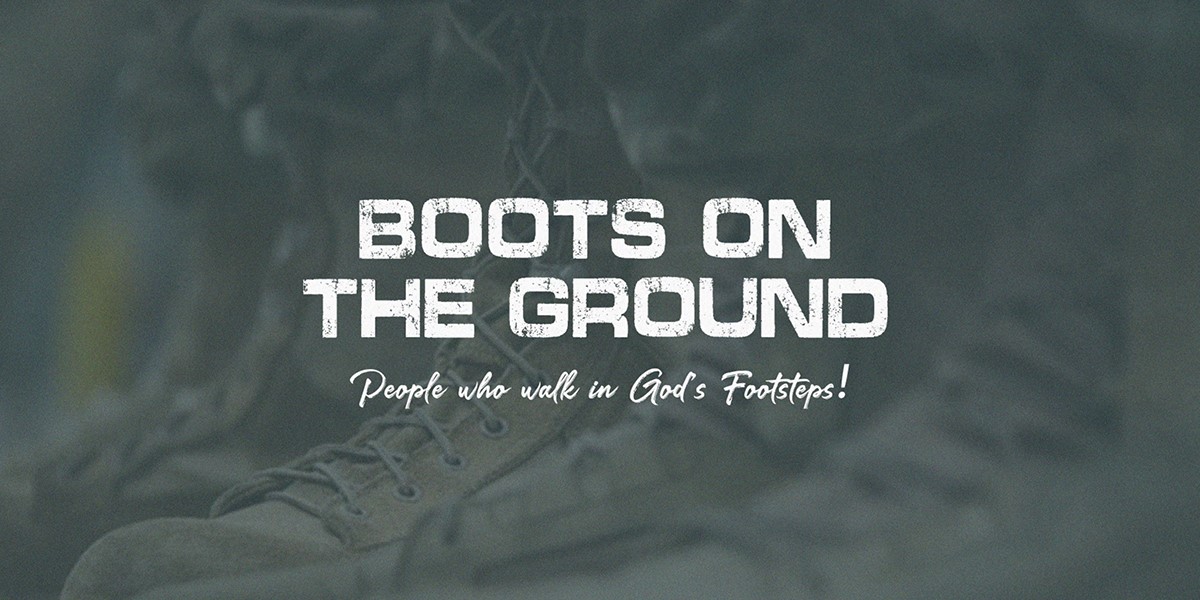The onset of Covid-19 in the country in March 2020 saw a sharp rise in teenage pregnancies and Gender Based Violence against girls and women as schools remained closed in a bid to contain the virus.
The National Crime Research Centre (NCRC) in a bid to probe the high cases of teenage pregnancies and GBV as the country battled with the pandemic, released a report in 2020 titled Protecting the Family in the Time of Covid-19 Pandemic: Addressing the Escalating Cases of Gender-based Violence, Girl Child Disempowerment and Violation of Children Rights in Kenya, said girls suffered the most from defilement, attempted defilement, child marriage, teenage pregnancy and female genital mutilation.
The report also indicated an increase in girls procuring abortions, engaging in drug abuse, and being neglected and sexually violated by family members and relatives, and confined unlawfully.
The teenage pregnancy and motherhood rate in Kenya stands at 18%. This means that about 1 in every 5 teenage girls between the ages of 15-19 years, are already mothers or pregnant with their first child.
This week BOOTS ON THE GROUND explores how a Christian organization is helping provide and create a safe space for these teen moms in Athi-River, Machakos County.
Kimbilio Safe house started in 2021 for vulnerable, rejected girls in crisis pregnancy. It is a place of refuge for teen mothers, an initiative by Crisis Pregnancy Ministries Kenya a cornerstone ministry of Youth for Christ Kenya.
“You find a girl who thinks they don’t have any other option, either they think about procuring abortion or they commit suicide,” Monica Katale, the Coordinator of the Crisis Pregnancy Ministry Kenya, says, “You find that they have been rejected by their families and the church. So we want to make sure that form of crisis doesn’t happen to any young girl in this country.”
Monica says that the safe house provides counseling, discipleship and a sustainable life skills to raise babies.
“Most of these girls come here with many wounds, rejection, denial and finding it hard accepting that they are pregnant, so we have to offer them counseling and because this is a safe space, who don’t allow many people to come in until the girl is ready to accept the family members to come and visit.” Monica adds, “Kimbilio Safe House is a place of healing because some of the girls it is the first place they encounter God.”
Not only do they offer intervention during crisis but they also run prevention programs such as Worth-The-Wait – a life skill manual to help young people understand their sexuality.
“The program promotes sexually purity among the young generation. We get opportunity to go to schools, youth ministries where we speak to young people about the importance of living a sexually pure life. And once we take them through the Worth-the-Wait program there is a purity pledge form that they sign committing to remain pure till marriage and we create purity clubs in schools to form accountability.” Monica Katale.
Teenage pregnancy has become commonplace in our communities with one out of every three mothers attending an antenatal clinic is an adolescent aged 10–19.
Monica Katale has been with youth for Christ from late 2019 with an intention to assisting any form of girl who is experiencing any crisis to ensure they have a good relationship with God.
“Because we have a call centre in the office, we receive a lot of phone calls of girls who need help. And even with that, our intention is not to say we are house full but it is through our Worth-the- Wait program to have as little of these numbers come to us.”
The national statistics show that Kenya ranks third worldwide in teenage pregnancy numbers. But what exactly are the drivers of teenage pregnancy and motherhood in the country?
Joyce not her real name, is the youngest mom in Kimbilio safe space an initiative of Kenya Youth For Christ. She fell pregnant at the age of 14 and now a mother of a one month old baby girl…she had to quit school.
“My first thought was to kill myself and the baby. I felt I had made such a big mistake.
My mum was stressed with my pregnancy. She is sick and I could see her cry. I had promised my parents that I was going to finish school.”
Her story, is almost similar to that of Esther, again not her real name. She gave birth one week ago at a time she was planning to join university. She is now 20 years old.
“I got pregnant when I finished my form four. Unfortunately, I couldn’t join university. I was thinking of abortion because my mother chased me from home.”
“It is the girl who bears the cost of pregnancy. Their education is affected while the man who impregnated the girl continues with their lives or education. We have had 23 girls who have gone through our program,” says Monica.
Click to watch the full episode:
These teenage mothers struggle to stay in school, provide for their new babies and negotiate changed relationships with their friends and families.
“The care mothers are teaching us to grow knowing God. I have learnt to preach while here, plus so many other things that I couldn’t have learnt if I were back home.” One of the teen mom said.
Jeniffer Alusa is a mother of four and for the last 12 years she has been working with Kenya Youth For Christ (YFC) now she is a care mother at the safe house.
“When these girls come in they are very depressed but as we build relationships they start to share.”
Poverty and lack of proper and appropriate sex education are just some of the contributing factors leading to the high teenage pregnancy rate in Kenya.
“Some of these girls are growing in such a difficult environment. Their families can’t afford 3 meals a day, leave alone one meal per day.”
The harsh reality of teenage pregnancy opens your eyes to unfortunate situation where kids are raising kids.
It is not just an advocacy for abstinence and life skills training program, it is a spiritual journey.
“We encourage them to believe in God and that God the Father in heaven loves them. We have to take them through the Bible, daily devotions and prayer. It is like a Sunday school program for 19 year olds and once they accept the love of Christ, they experience a lot of peace,” Monica Katale
Youth for Christ Kenya began in 1975. Their main focus is evangelism and discipleship. To them, the kingdom of God belongs to those who are like these children. They are the future and to secure this future, they advocate for abstinence, sexual purity and empower the youth to uphold the sanctity of human life.
“That’s what we have been called to do and connect these girls to Christ.
My Joy is to see them grow spiritually, every day I speak a word of life to them and their babies,” Jeniffer Alusa, Care Mother.
“We teach them the values of who they are. We have to tell them that the child is a blessing even if they don’t see it now. It is a journey to know God.” Elizabeth Ondoro, Care Mother, Kimbilio Safe House
They have acknowledged that young people are our greatest asset as a nation, so they do more than just ministry, they train and equip the girls with skills for self-sufficiency. This is their residence of solace from reality of their past.
“As a church and Christian organizations we should not shy away in giving our young people information about sex and sexuality because the world is giving them information and giving them in plenty. As Christians we need to be at the forefront, we need to tell them what the word of God is saying about sex.”
“When I hold my child, I sometimes wonder why I had wanted to take abortion pills and kill the baby. Knowing God has given me peace.” Teen mom
As the country strives to implement policies to reduce teenage pregnancies to below 10 per cent by the year 2030, access to age appropriate sexual and reproductive health education as well as facilities to carter for adolescent needs requires more work a progress that can be achieved through collaboration and partnership with institutions like Kenya Youth For Christ.
About Boots on The Ground







